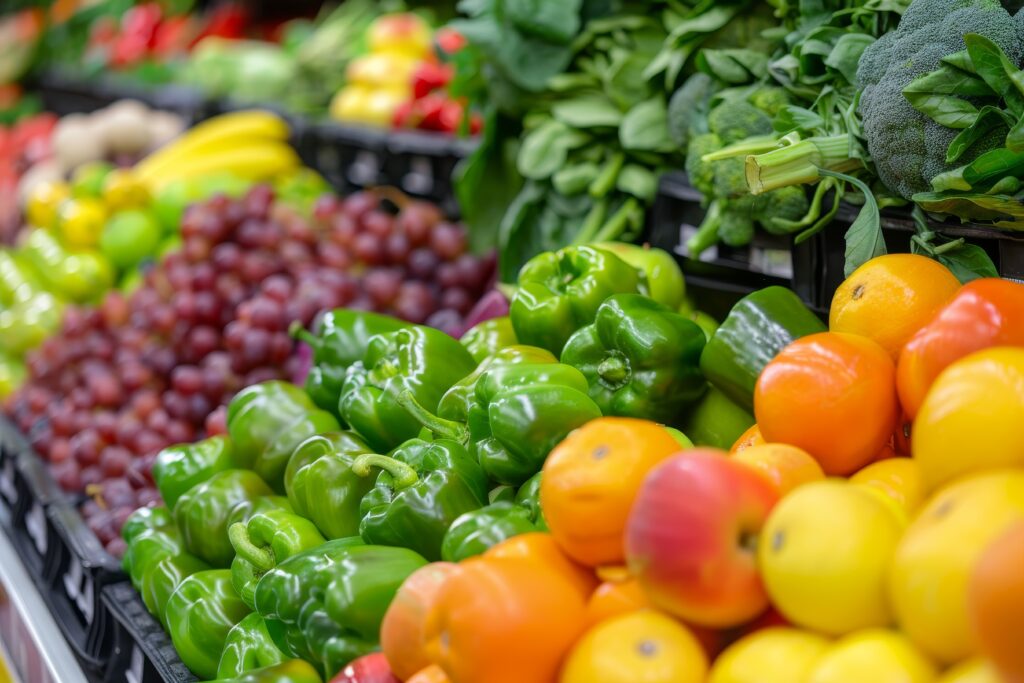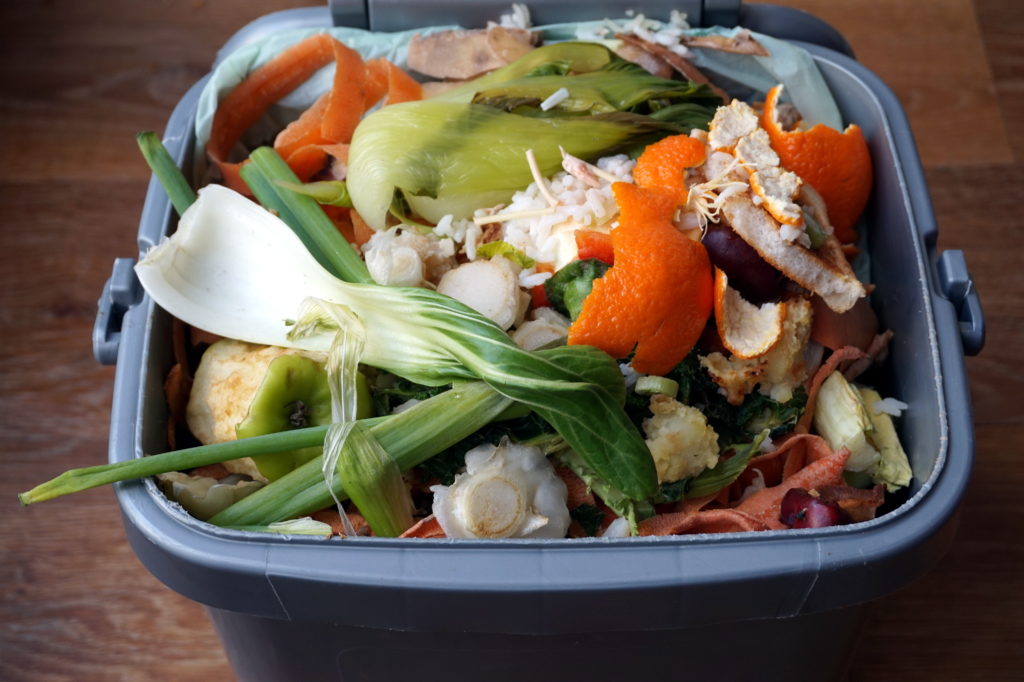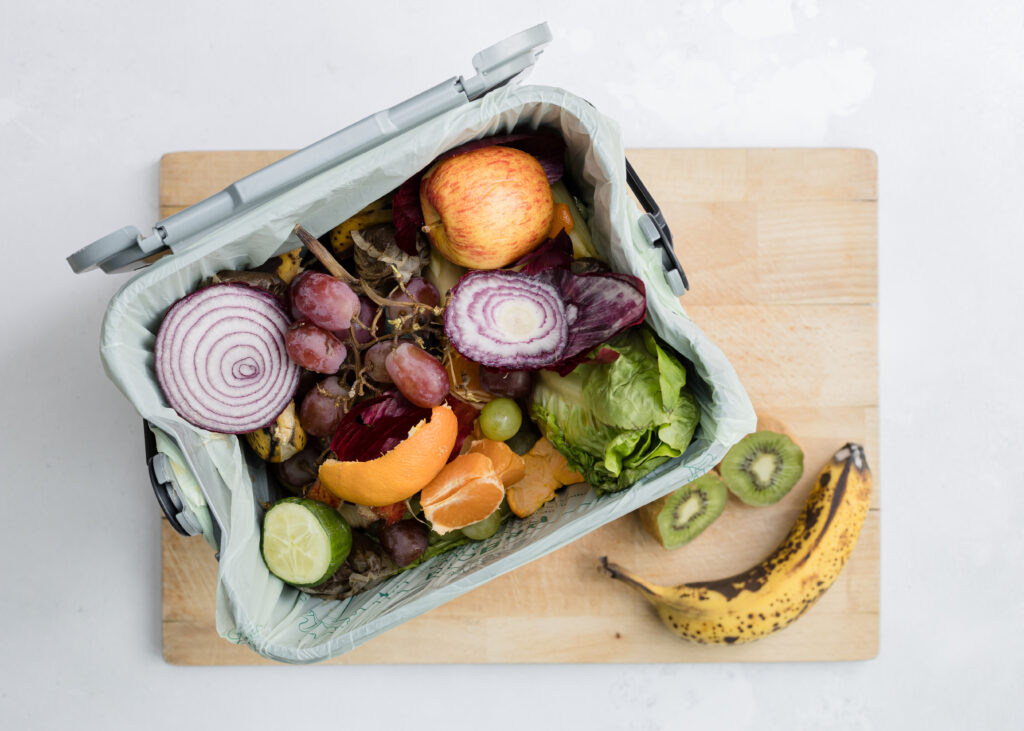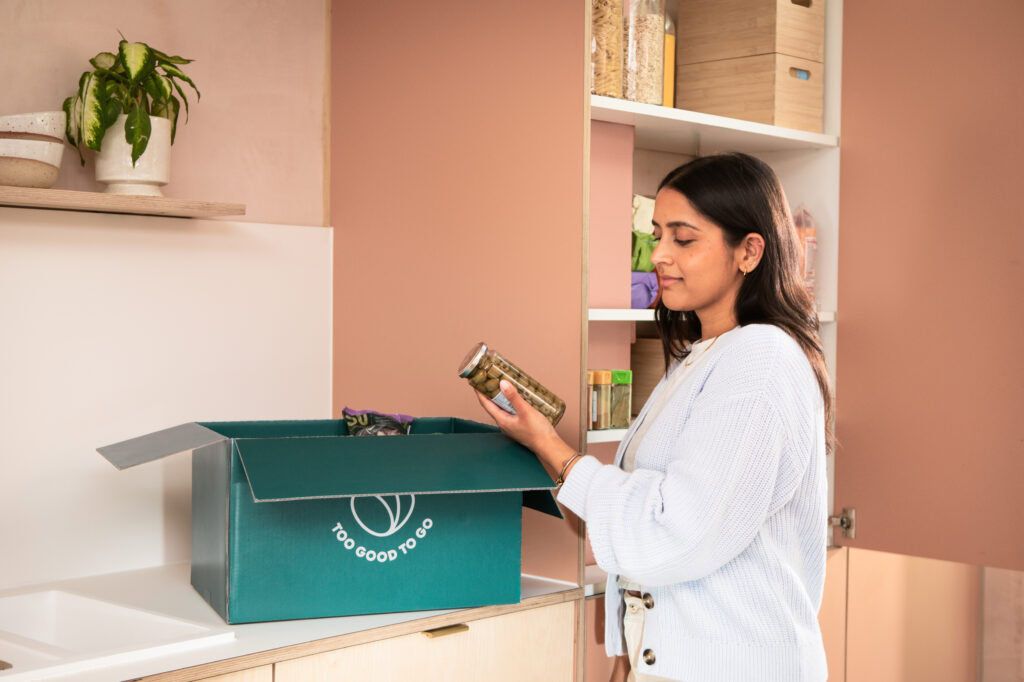WRAP said that in the UK, 70% of all edible post farm-gate food waste comes from people’s homes, with fresh fruit and vegetables accounting for the largest proportion.
The charity added that the majority of fresh fruit and vegetables are packed using single-use plastic (around 70,000 tonnes of it each year). This can often lead to consumers purchasing more food that needed – and increasing the likelihood of food waste.
A poll has shown that three in five (64%) people say that they would prefer buying fresh produce loose if it were available.
The recommendation has been made for an overall packaging ban, not just a plastics ban. WRAP explained that “all materials have an environmental impact”, and that the food waste saving can only be realised if people are able to buy closer to their needs.
Alongside cross-party think tank Policy Connect, the charity has recommended a phased-in approach for the ban which would start with banning primary packaging on 21 products with certain exemptions and considerations.
These items would be:
- Apples
- Aubergines
- Avocados
- Bananas
- Broccoli
- Cabbages
- Carrots
- Garlic
- Ginger
- Lemons
- Limes
- Mangos
- Onions
- Oranges
- Parsnips
- Pears
- Peppers
- Potatoes
- Salad tomatoes
- Squash
- Swede
The suggested first phase would come into effect in 2030, to align with the EU’s Packaging and Packaging Waste Regulation (PPWR) timeframe.
The partnership recommended a formal consultation and an economic assessment of the impact of such a ban.
Rob Percival, head of policy for food and health at The Soil Association, commented: “There’s no doubt that phasing out packaging for fresh produce will be complex, and WRAP has rightly suggested a phased approach with attention given to product lines that require differentiation for the purposes of certification, but the case for action is now overwhelming.”










Subscribe for free